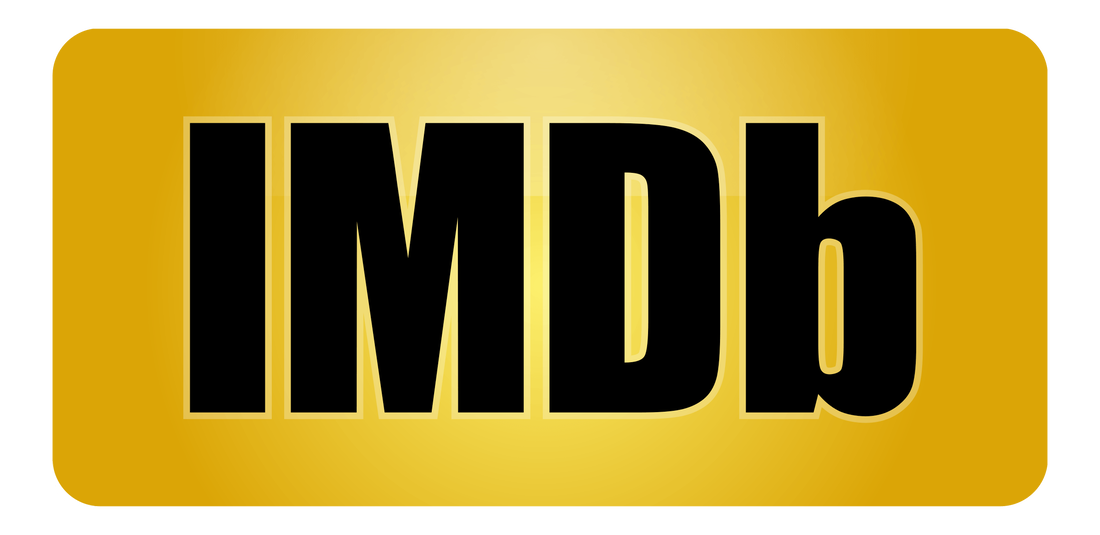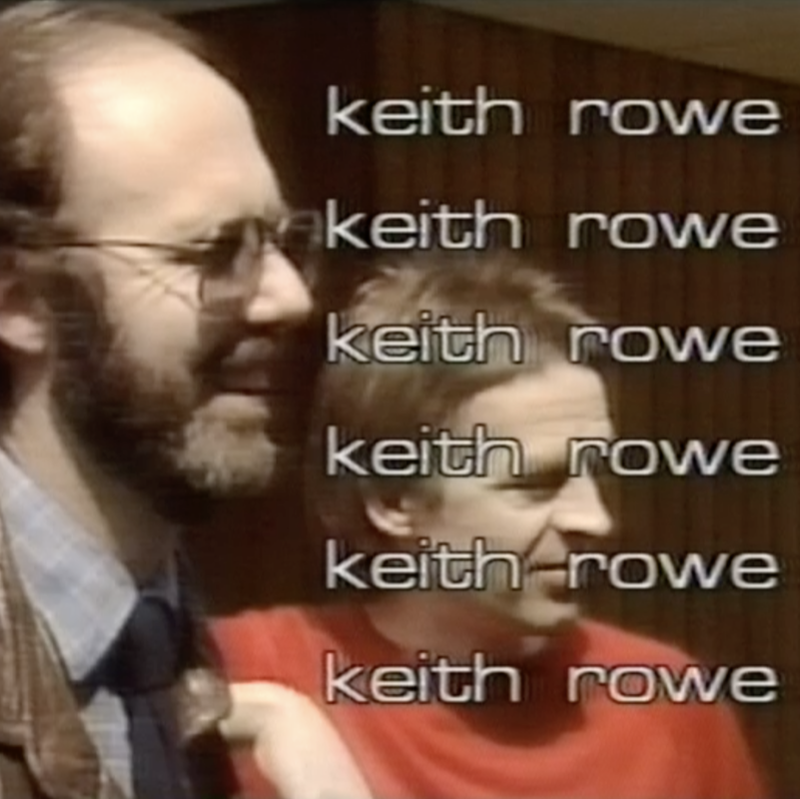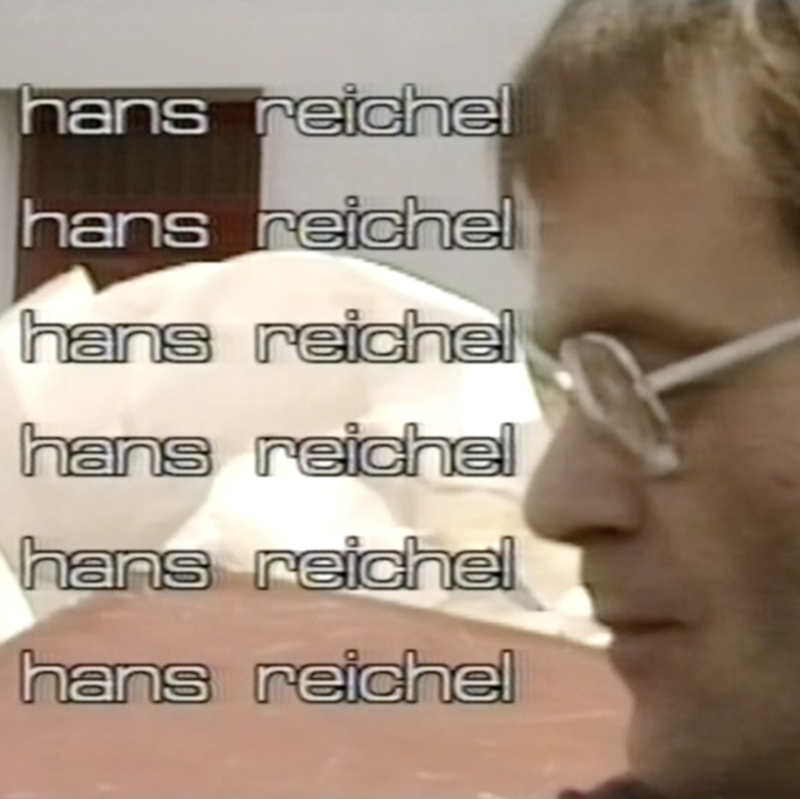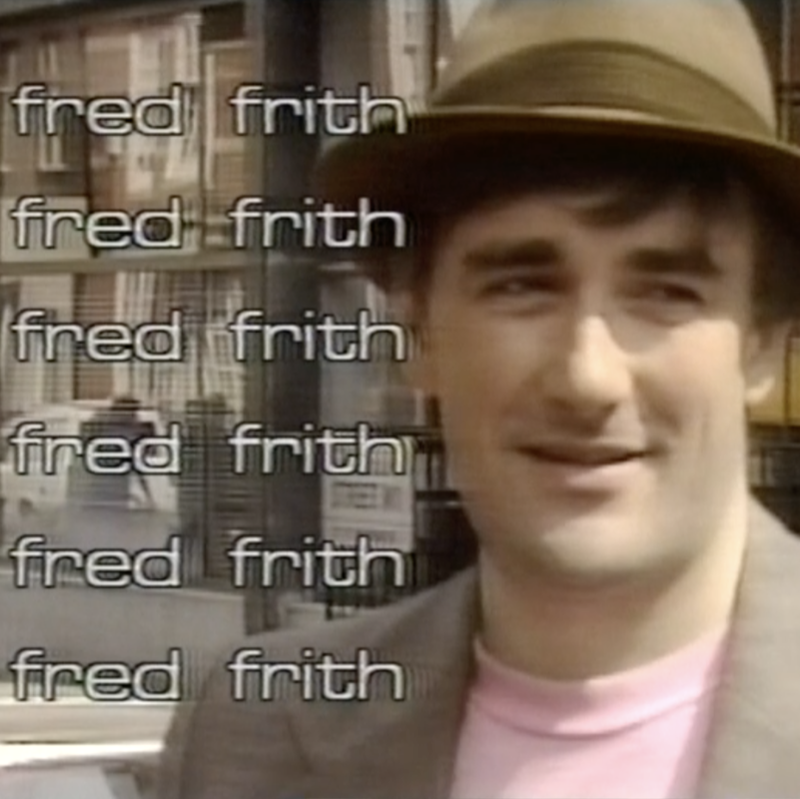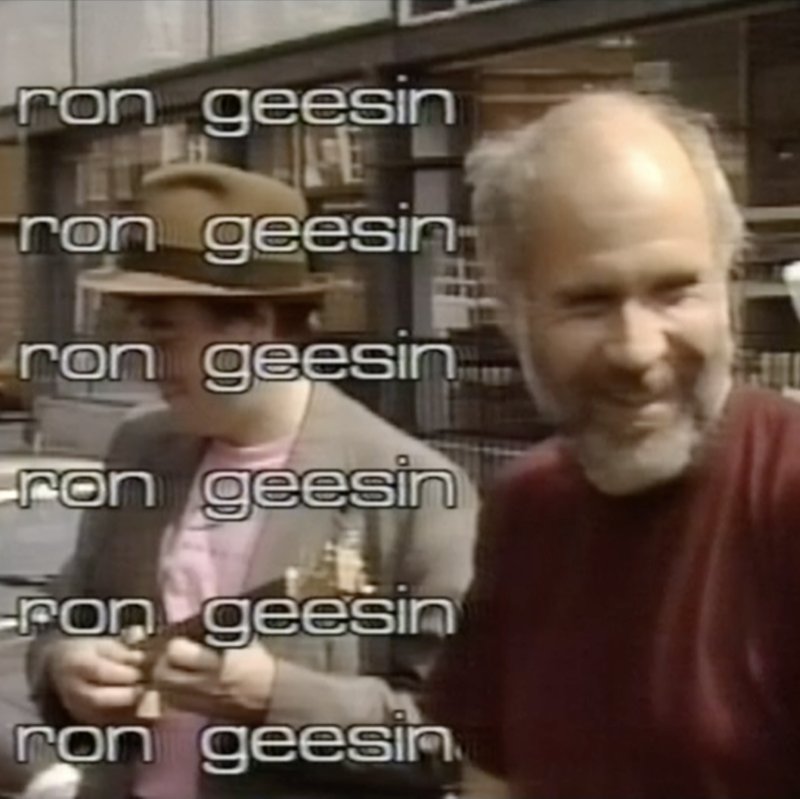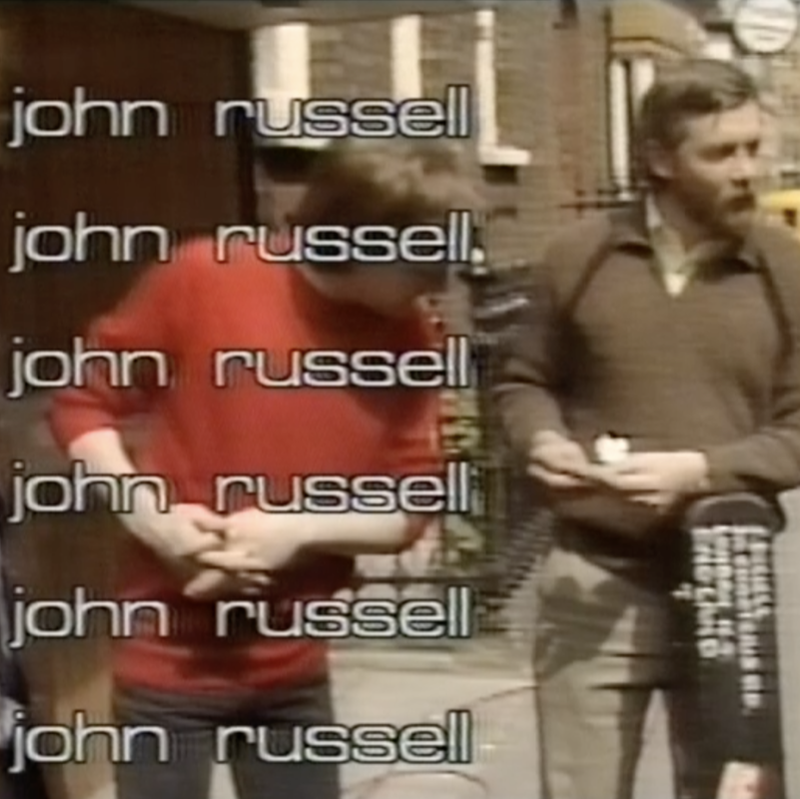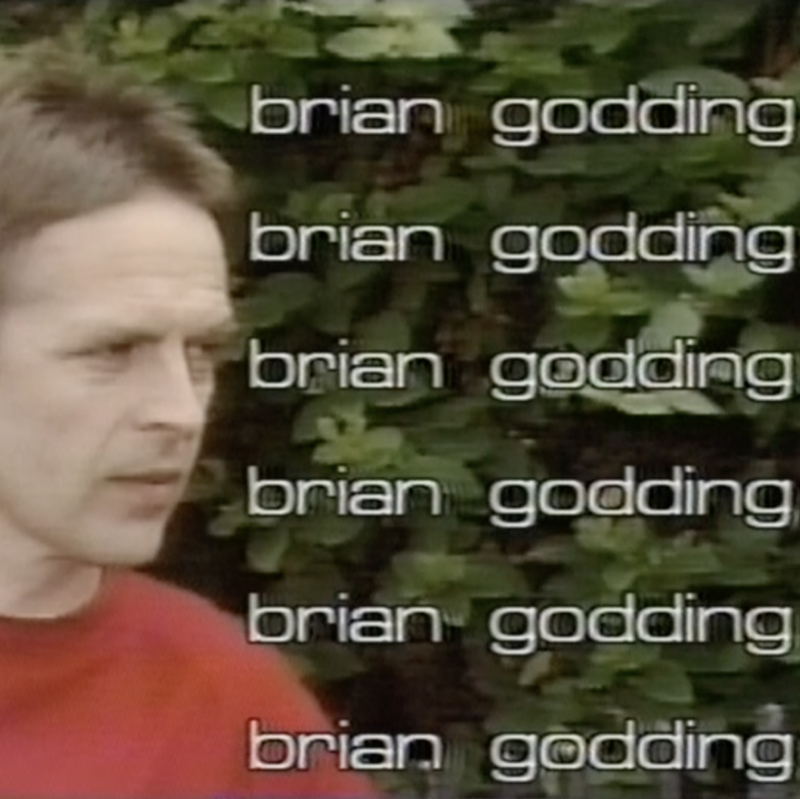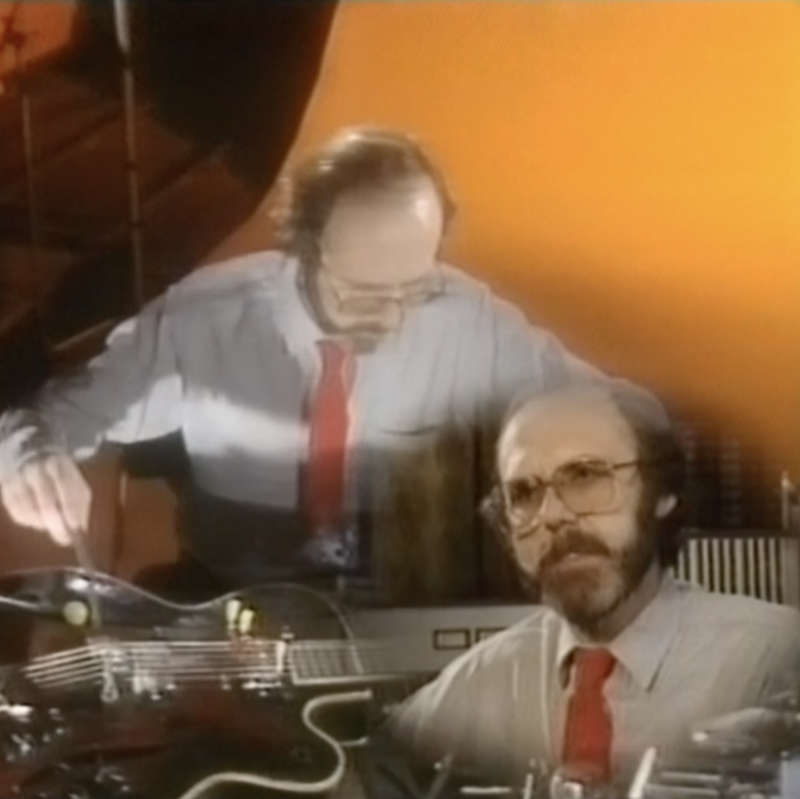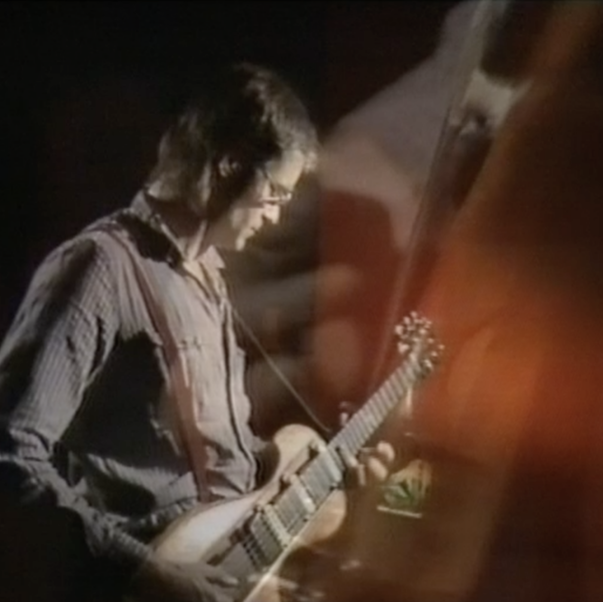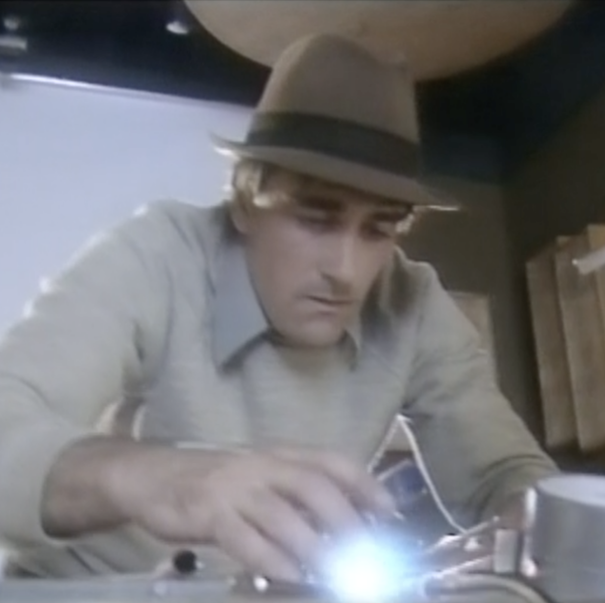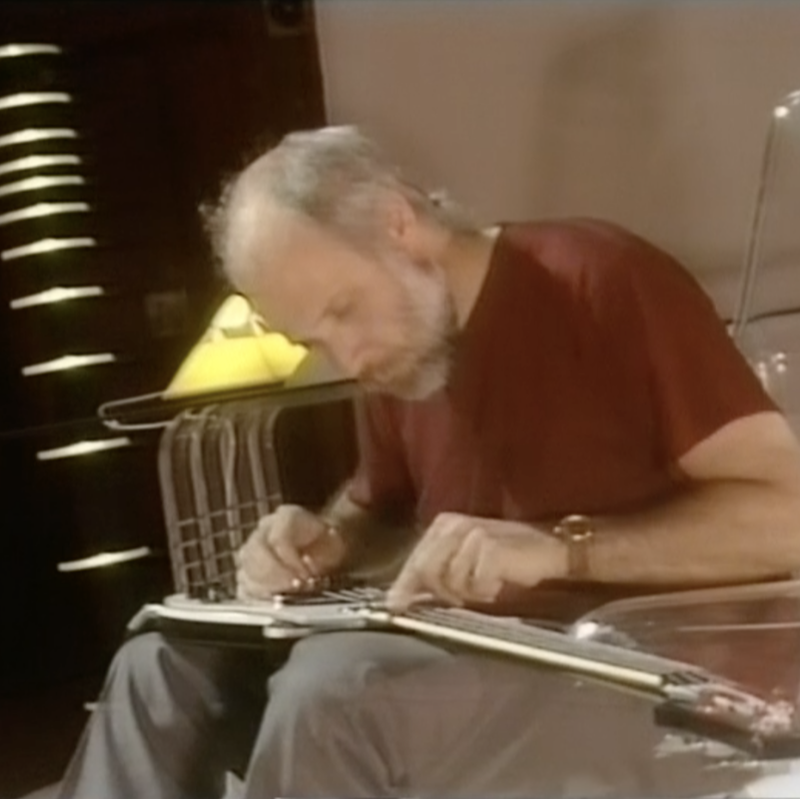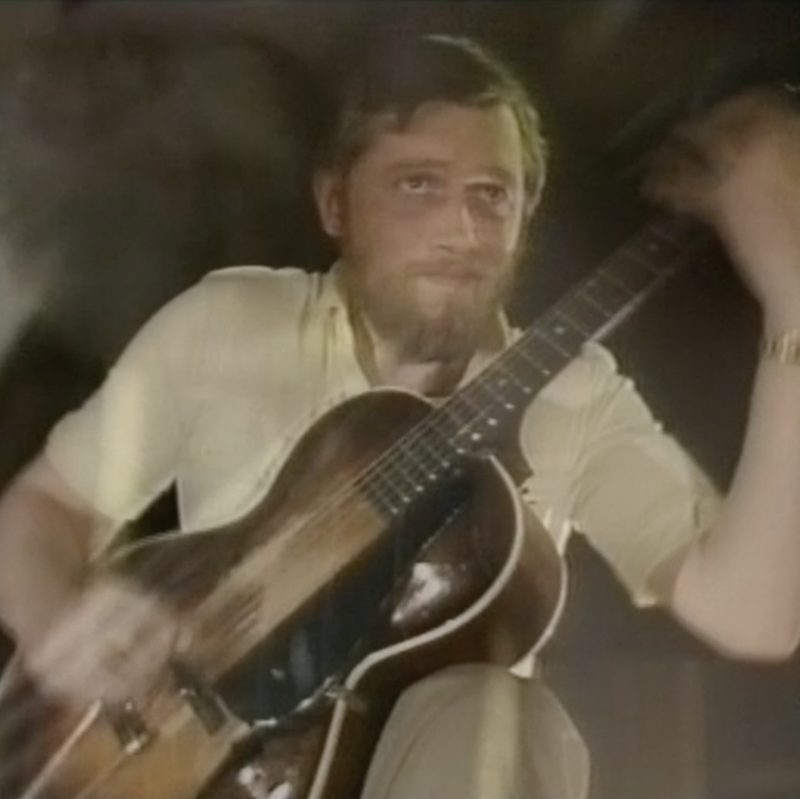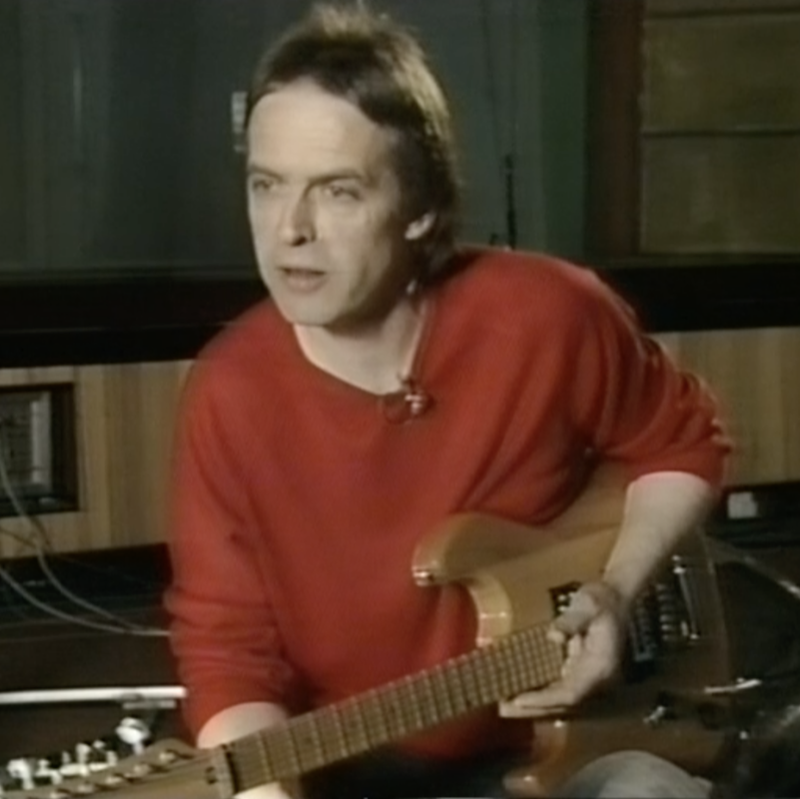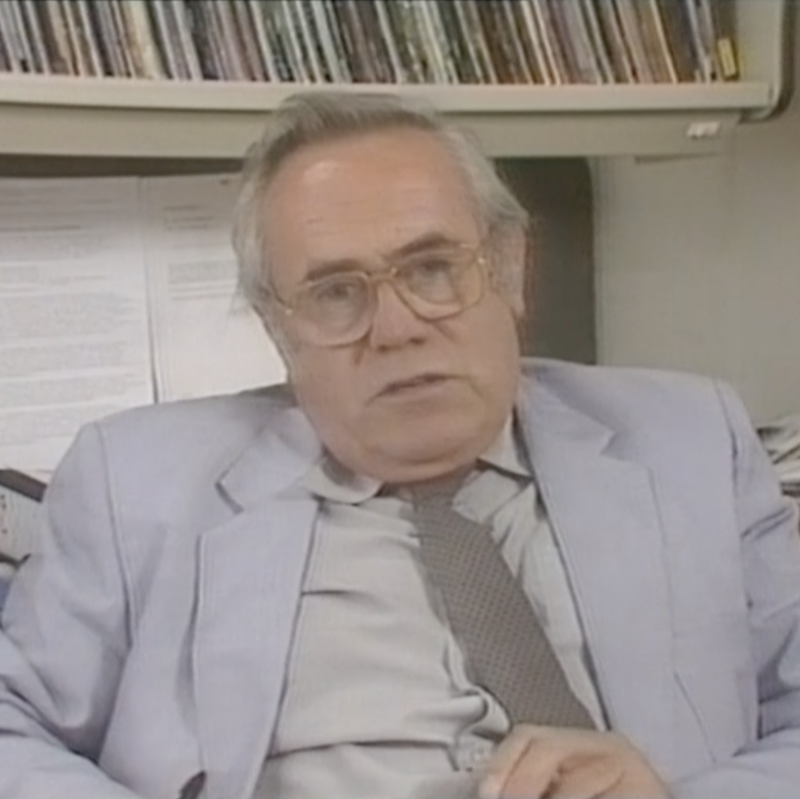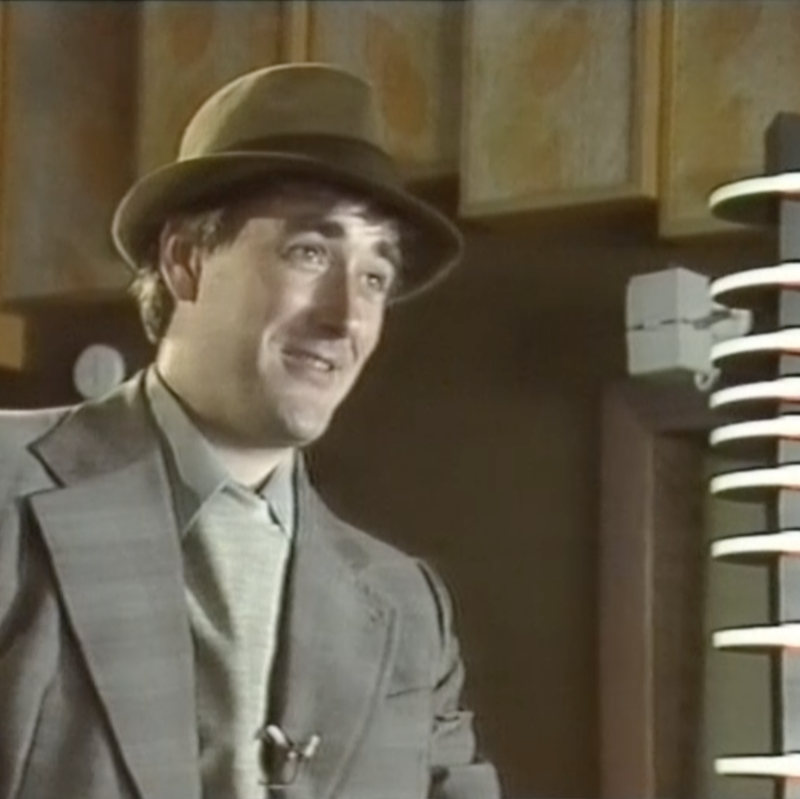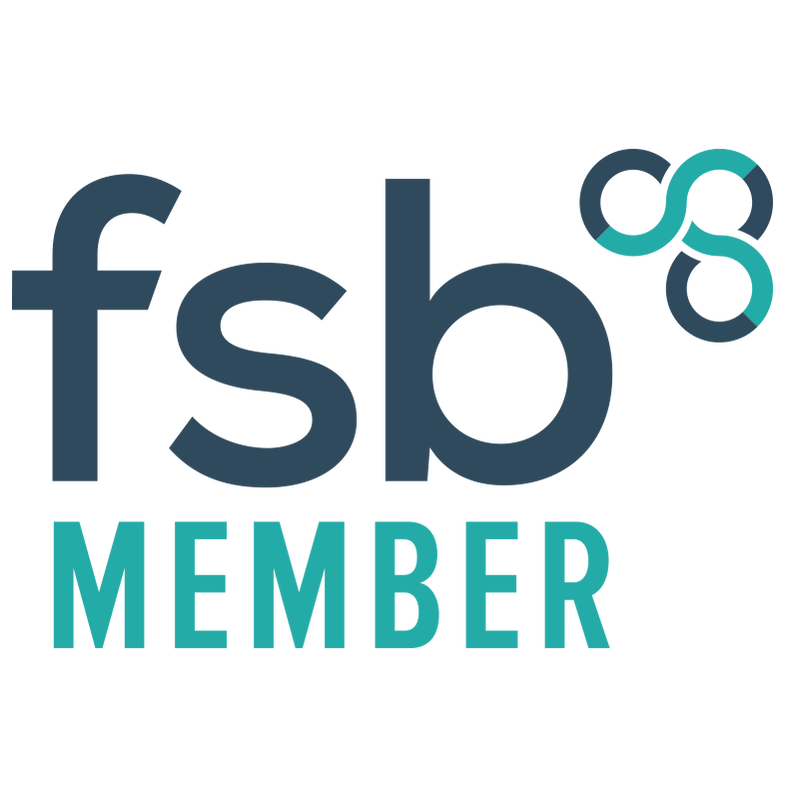Crossing Bridges
|
Jazz On Four 'Crossing Bridges' - six renown 'free-improvisation' guitarists, Ron Geesin, Keith Rowe, Fred Frith, Hans Reichel, John Russell, Brian Godding, recorded at AdVision sound studios. (TX 06/08/83).
Very sadly, with Hans, John and Brian no longer with us this programme is considered a rarity, described as a cult treasure. |
Brian Godding (1945-2023)A guitarist with a long and remarkable career in music, Brian excelled in improvisation. Self-taught, he performed in genres as diverse as rock, jazz, folk, and dance.
|
Crossing Bridges
Free Improvisation
Six Experimental Guitarists
Keith RoweBorn 1940 Plymouth:
Ex-art student for whom shapes, colours and patterns of modern painter (especially Paul Klee) are still a major influence. 1960 joins Mike Westbrook Orchestra but guitar contribution becomes too radical for jazz context. 1965 co-founds AMM - group with intent to explore improvisation and new guitar sounds. Now a part time community worker for the GLC as well as pursuing further developments with AMM. |
Hans ReichelBorn 1949, died 2011:
Self taught violin from the age of 7 - then from 15 plays bass guitar in many rock and pop groups: has worked in many other professions - illustrator, sign-writer, designer. 1970 starts to rethink construction of guitar itself, both acoustic and electric but without the use of electronics. 1972 onwards many solo concerts as well as collaborations with other improvising musicians. Resident in Wuppertal (West Germany) |
Fred FrithBorn in Sussex 1949:
Studies violin - takes up guitar after hearing The Shadows, Django Reinhardt and Alexis Korner in the same week. 1967 co-founds band “Henry Cow” which in ten years life moves from student blues band to experiential rock collective. 1978 moves to New York to do as many things possible at the same time - latest project two-hander rock group Skeleton Crew with Tom Cora. |
Ron GeesinBorn Scotland 1943:
Self taught banjo and guitar and joins professional jazz band at age of 17. Leaves to develop his cheeky approach to stage performance and to investigate his new tape-recorder purchase. Has own recording studio to produce tracks for TV, radio, and commercials: sound mainly coming from instruments with fretted strings. Still very much a performance artist. |
John RussellBorn 1954, died 2021:
Starts playing guitar at age of 11, continues with school and student rock bands - although always more interested in improvisation. 1976 founder member London Musicians Collective. 1981 establishes Qua-Qua Club to offer performance opportunities to improvising musicians. Now works solely with un-amplified acoustic classical guitar. |
Brian GoddingBorn 1945, died 2023:
Guitarists with many rock, blues and pop bands from Mike Westbrook to Gary Glitter. Now has own group GLS (Godding, Lamb, and Sheen). As a solo performer extends sound of instrument by linking it to a chain of echo and delay units to produce a rick choral sound. Now intends to integrate it into group work. |
|
Peter Clayton
|
About the showDescribed by Peter Clayton, presenter of Jazz On Four, this programme is about six musicians mostly with roots in jazz carry almost to the limit, the work begun by Les Paul. We’ll watch what happens when an inventive mind and an inquisitive artistic spirit meet over what was one just a box and some tuned wires.
We'll be in on the laboratory stage so there’ll be a lot of wire about for experiment is an untidy process. This is not the world of ‘I Got Rhythm’ and a dozen choruses of the Blues, this is where you develop your quirk as one of them put it, very much an adventure with a more than a hint of no going back. Hence, Crossing Bridges. |
Neil Anthony, Producer
Free improvisation
|
Free improvisation is music without any rules beyond the logic or inclination of the musicians involved. The term can refer to both a technique (employed by any musician in any genre) and as a recognizable genre in its own right.
As a genre of music, it developed in the U.S. and Europe in the mid to late 1960s, largely as an outgrowth of free jazz and modern classical musics. In an atonal context, free improvisation refers to where the focus shifts from harmony to other dimensions of music: timbre, melodic intervals, rhythm and the spontaneous interaction between musicians. |
Although performers may choose to play in a certain style or key, or at a certain tempo, conventional songs are highly uncommon in free improvisation; more emphasis is generally placed on mood, texture or more simply, on performative gesture than on preset forms of melody, harmony or rhythm. These elements are improvised at will, as the music progresses.

